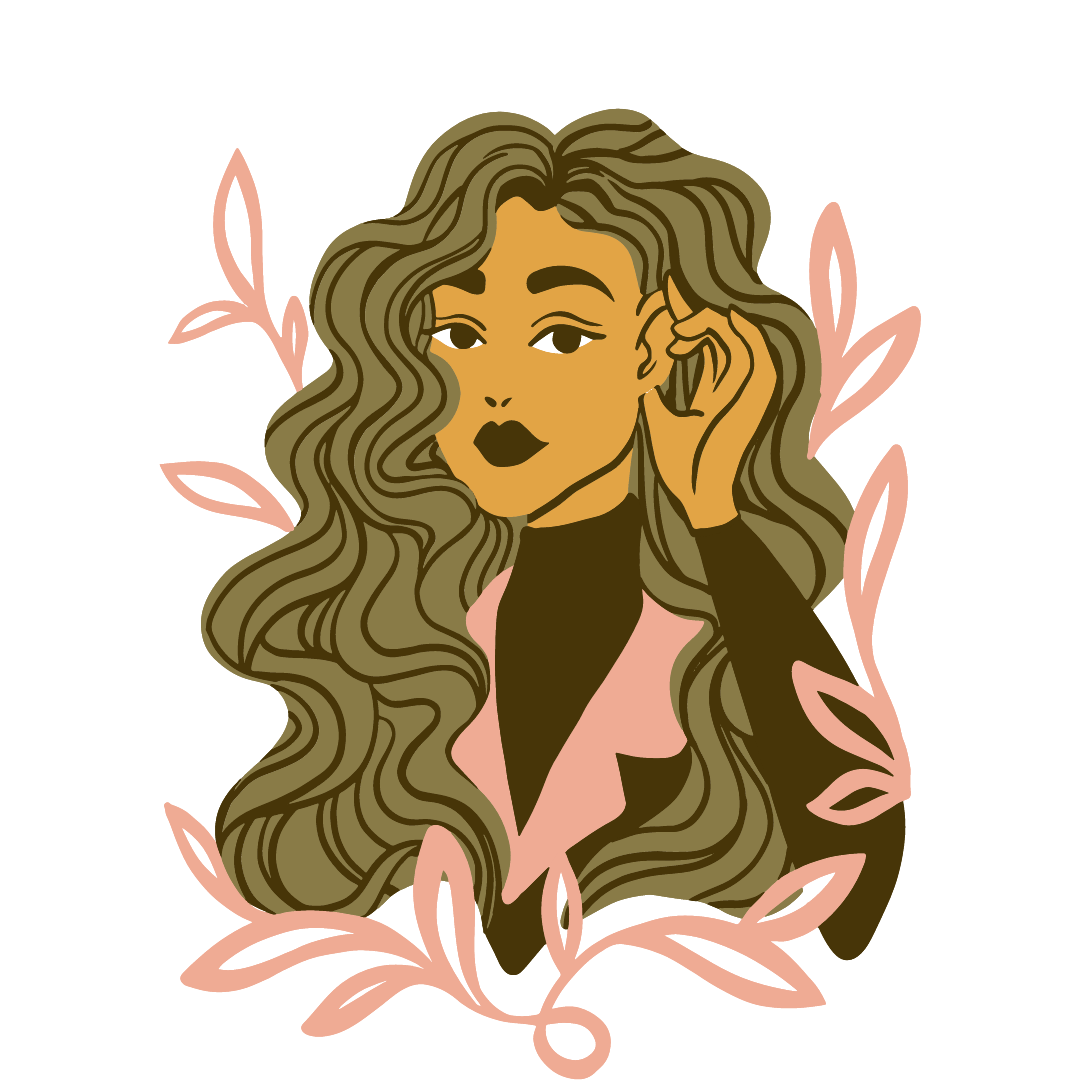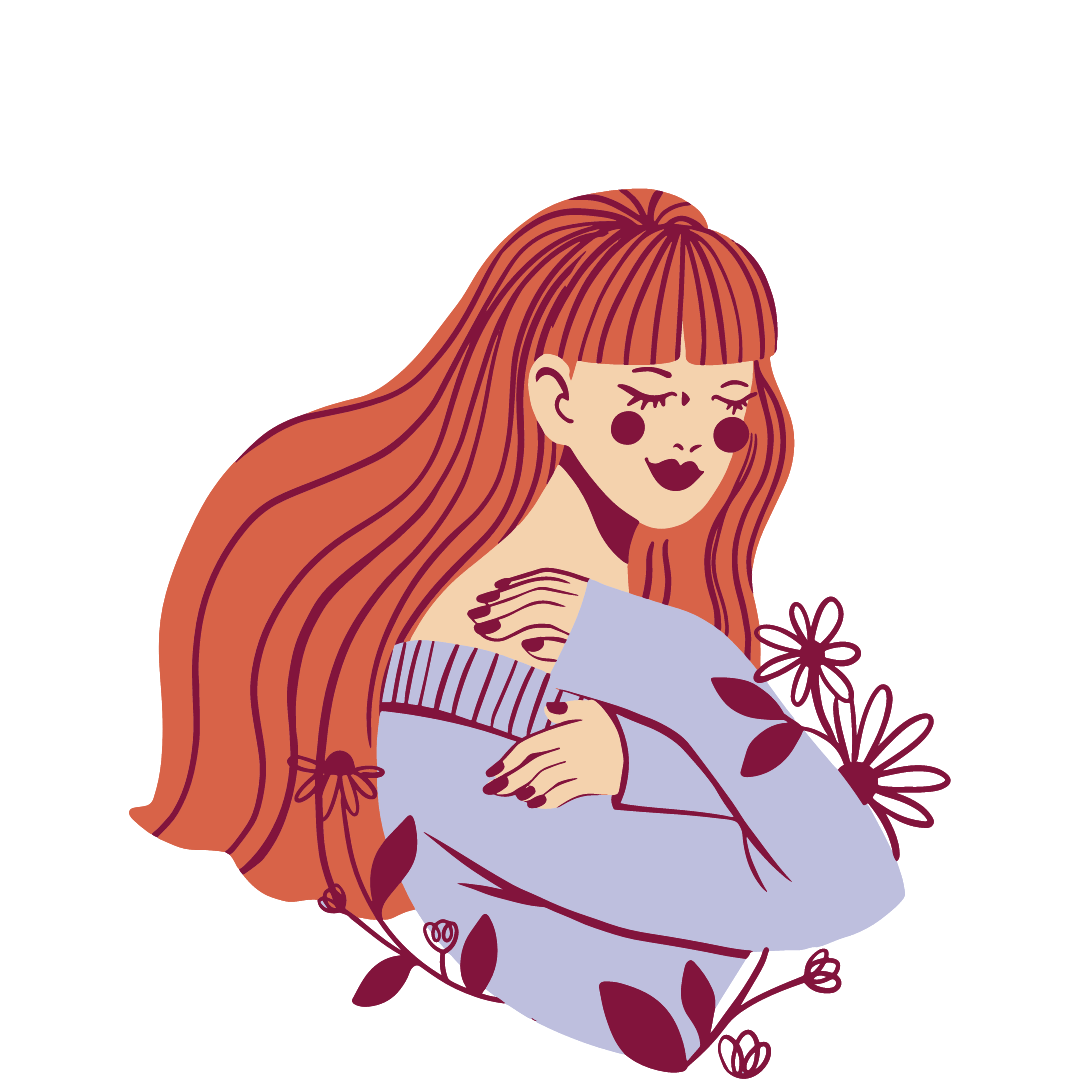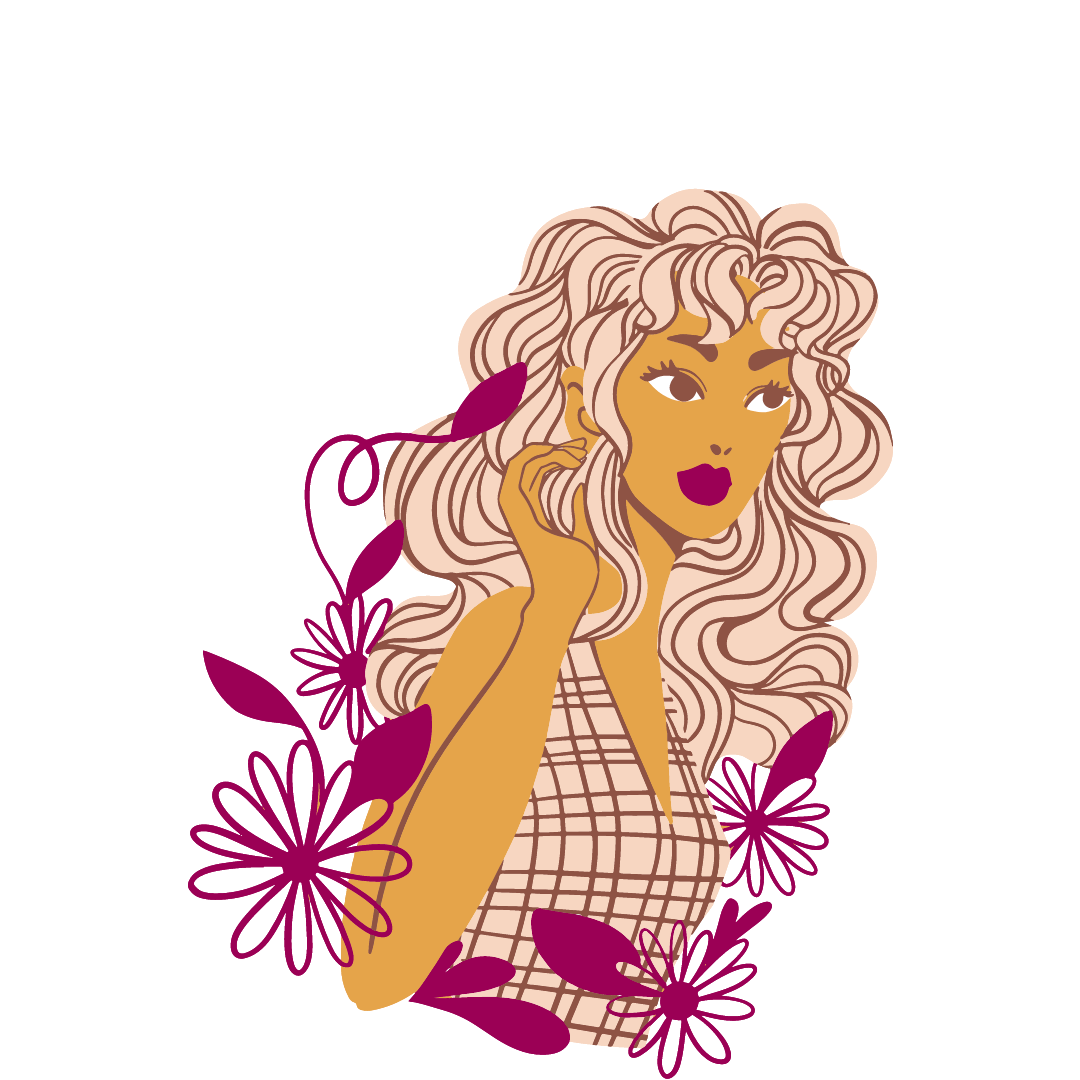The Most Common Triggers Of Hair Fall, And What To Do

If you have long hair, it can be stressful to see your hair clogging the shower drain and sweeping long strands of hair every single day. Hair fall is completely normal. And, it remains one of the reasons why I cut my hair so short. On average, we shed at least 80 strands in a day. So, it remains realistic to see a good amount of hair strands lying around the house. However, anything significantly more than that may come from certain triggers.

The Most Common Triggers Of Hair Fall
You can identify the possible causes of hair fall by assessing what your hair looks like. If you’re losing full strands of hair with rounded ends, this can come from natural or biological causes – such as pregnancy, reactions to medication, hormonal imbalances, and just genes. However, if you see broken stands with damaged ends, hair fall may be due to extreme heat styling, chemical treatments, extreme humidity, and prolonged exposure to heat.
hormonal imbalance
This can lead to a multitude of annoying health and beauty issues. Of course, from adult acne to weight gain. If your hormones remain out of whack, the effects will radiate throughout the whole body. And, this would also include your hair.
stress
Stress can literally make your hair fall out. It raises androgen (male hormone) levels. Stress may trigger scalp problems, such as dandruff, disrupt eating habits, and mess with the digestive system. All of which can have a negative impact on your hair.
iron deficiency
Iron deficiency becomes one of the most common causes of hair loss in women. Iron has remained an essential for producing hair cell protein. Without it, hair strands will suffer.

hypothyroidism and hyperthyroidism
The thyroid gland helps to regulate the body’s metabolism by controlling the production of proteins and tissue use of oxygen. Any thyroid imbalance can therefore affect hair follicles. Also, if hypothyroidism remains left untreated it may result in anemia, which can become another condition that impacts the hair.
vitamin b12 deficiency
A lack of vitamin B12 can leave you feeling tired and low on energy. The fun doesn’t stop there. It can also take a toll on your hair. It can affect the health of red blood cells, which carry oxygen to your tissues.
dramatic weight loss
A steep drop on the scales can impact your tresses. Six to twelve weeks after dramatic weight loss, whether it be intentional or unintentional, hair commonly comes out in excess.
age
Hair fall can also become more prevalent leading up to and after menopause. It feels important to realize that our hair also ages. As we get older, hair naturally gets finer. It gas become a totally normal part of the aging process.
traction alopecia
The most common cause of hair fall with Afro type hair has become traction alopecia – caused by repeated and prolonged tensile (pulling) forces applied to the follicles.

How to combat hair fall?
Hair loss doesn’t happen that fast. Our strands grow in cycles, which means it can take up to three months for hair to fall out after a trigger has caused it. Since hair is made out of protein, making adequate daily intake of protein rich foods remain essential. Aside from that, you can also snack on healthy carbohydrates. Like, fresh fruit or whole wheat crackers. Energy available to hair cell drops after this amount of time. To encourage scalp health as it stimulates blood flow to the area, hair oils should make the hair stronger from the roots. It has also become great for anyone who struggles with hair loss and breakage as it strengthens and protects hair follicles and strands. It also conditions the scalp skin and cultivates hair growth.
Let us know what causes your hair fall and what you do to combat it!
Angela Grace P. Baltan has been writing professionally since 2017. She doesn’t hesitate to be opinionated in analyzing movies and television series. Aside from that, she has an affinity for writing anything under the sun. As a writer, she uses her articles to advocate for feminism, gender equality, the LGBTQIA+ community, and mental health among others.










